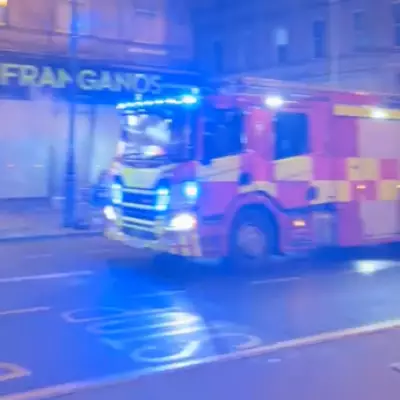
In an unprecedented move to clamp down on reckless road users, police forces across the United Kingdom are making a direct appeal to the public: hand over your dashcam footage.
The initiative, known as Operation Snap, is being rolled out nationally, transforming everyday motorists and cyclists into vital crime-fighters. Authorities are urging anyone with video evidence of traffic offences—whether recorded on a dashcam, helmet cam, or even a mobile phone—to upload it directly to their local force for investigation.
What Can You Report?
The scope of offences police are targeting is broad and focuses on the most dangerous behaviours that put lives at risk every day. The public is being asked to submit footage capturing:
- Dangerous driving and careless overtaking
- Using a mobile phone while behind the wheel
- Failing to wear a seatbelt
- Traffic light violations and ignoring road signs
- Unsafe driving around cyclists, horse riders, and pedestrians
- Offences committed by drivers of cars, lorries, cyclists, and motorcyclists
How Does Operation Snap Work?
The process is designed to be streamlined and digital-first. Instead of having to physically visit a police station, witnesses can simply upload their video evidence through a dedicated portal on their local police force's website. Once submitted, a trained police officer reviews the footage.
If the evidence is clear and shows a definite offence, the officer can then take action. This can range from sending the driver a warning letter or offering them a educational course, to issuing a fixed penalty notice or even summoning them to court for more serious transgressions.
The scheme has already proven its effectiveness. Some forces have reported that a staggering 90% of submissions result in some form of police action, demonstrating the power of citizen-led evidence in making roads safer.
A National Effort for Safer Roads
This isn't an isolated local effort. A significant number of constabularies have already adopted Operation Snap or a similar system, with more joining the initiative regularly. It represents a major shift in modern policing, leveraging technology and public cooperation to tackle crimes that were previously difficult to enforce.
The message from law enforcement is clear: if you commit a traffic offence in front of a camera, there's a very high chance you will be caught and prosecuted. This nationwide crackdown aims to protect all road users by holding the dangerous few accountable for their actions.





